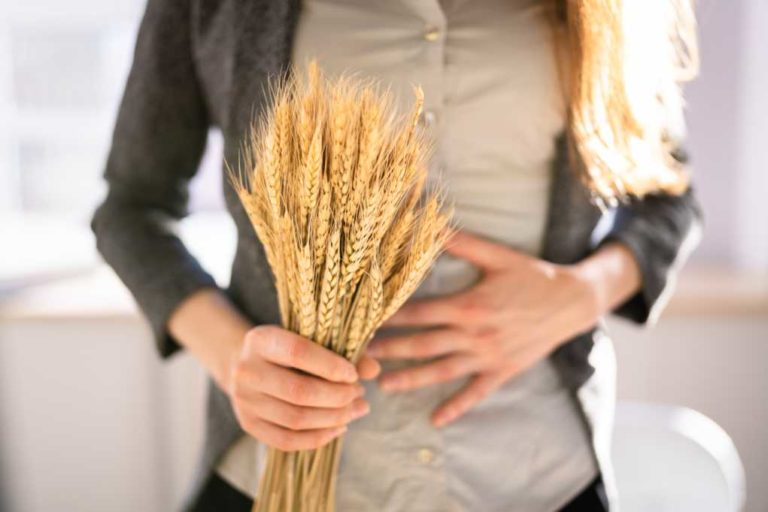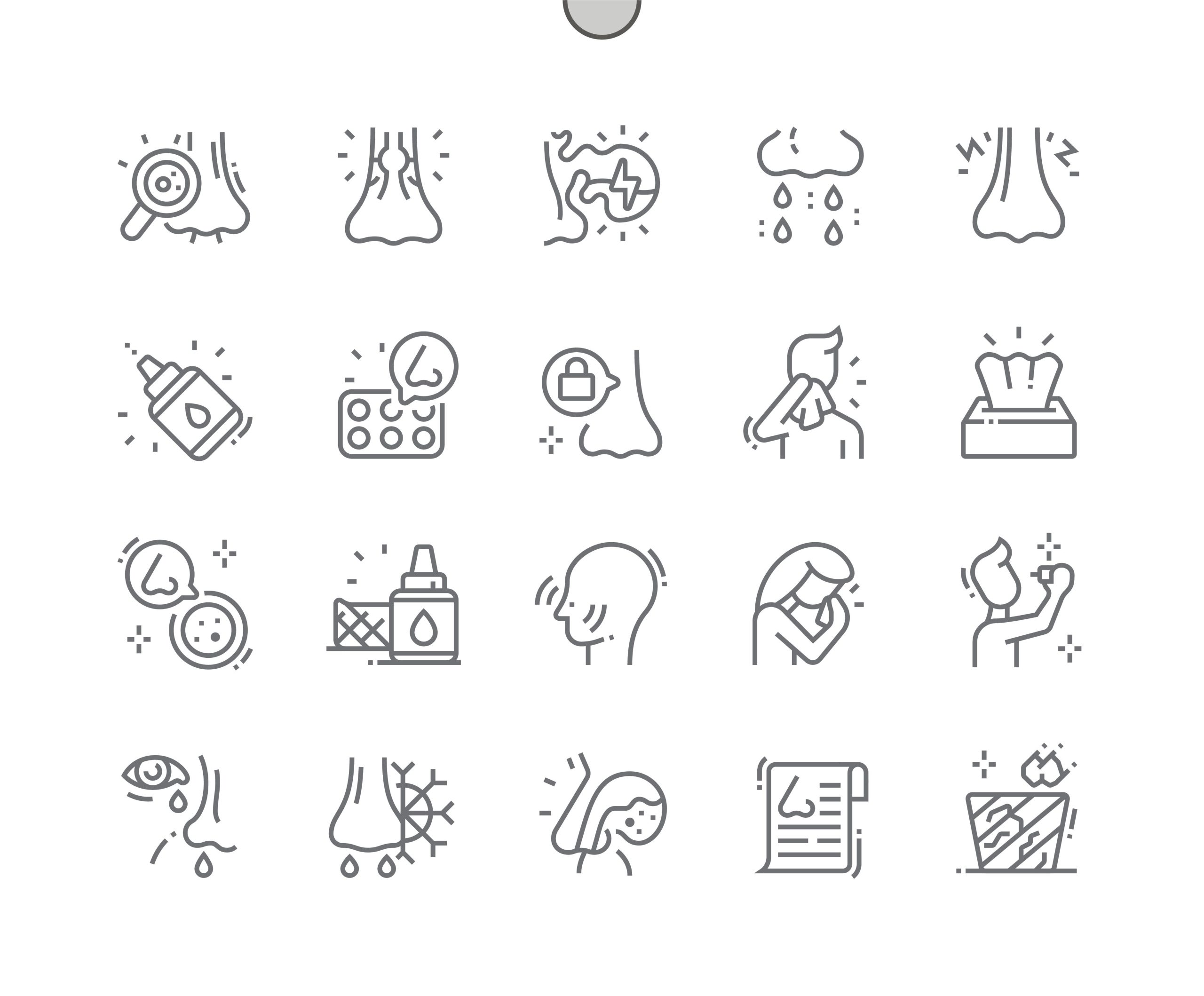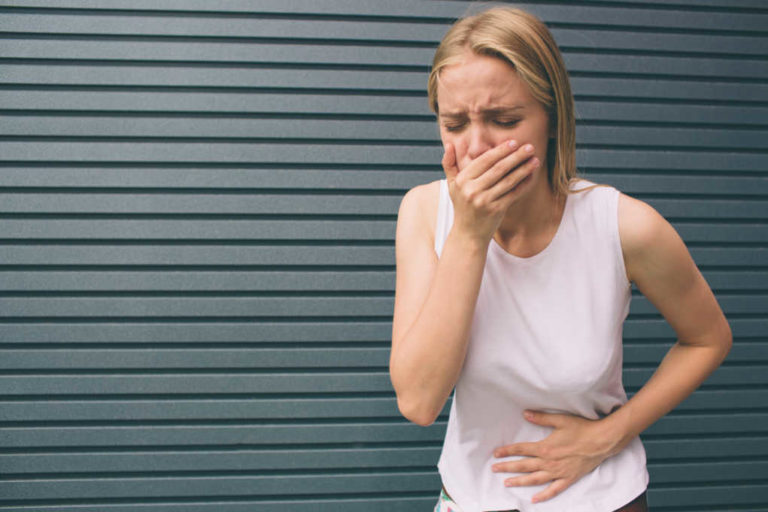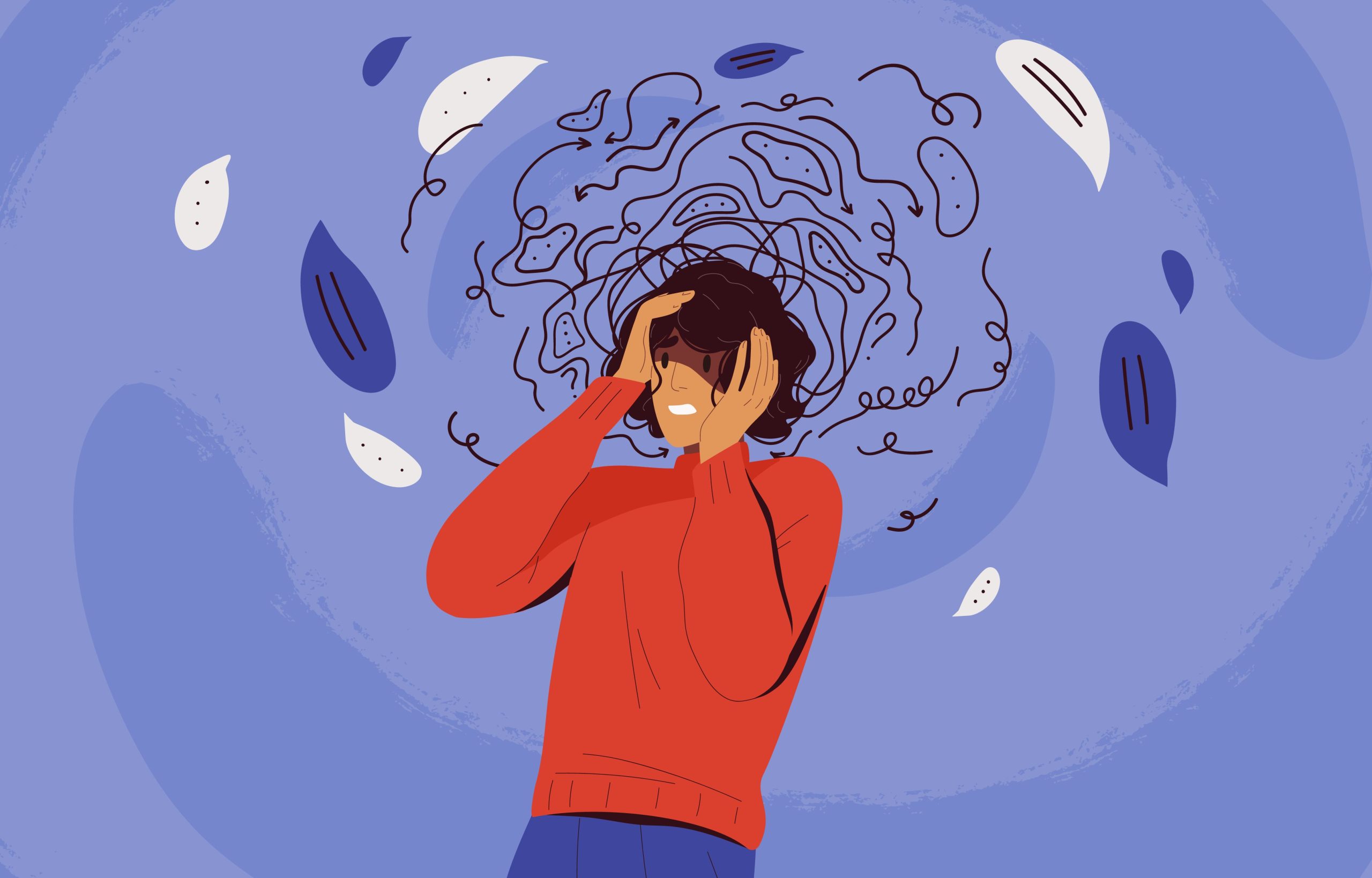Celiac is a chronic digestive disorder and immune disorder. It affects approximately 1 person in 100 worldwide.
Celiac disease patients must avoid gluten. Gluten is a protein that can be found in wheat barley and rye. Their bodies go into an attack mode when they eat gluten and cause damage to the lining of their small intestine. This causes the small intestine to be unable to absorb essential nutrients, resulting in deficiencies and other health issues.
Celiac Disease Symptoms
The symptoms of celiac can vary depending on the individual. Others have debilitating and severe symptoms.
Common symptoms include:
abdominal pain
bloating
constipation
Depression or anxiety
diarrhea
fatigue
gas
lactose intolerance
loose, greasy and foul-smelling stools
joint pain
nausea and vomiting
Celiac disease in growing children or patients with a significantly reduced nutrient absorption can cause:
delayed puberty
developmental disorders
Failure to thrive
mood swings and irritability
stunted or slowed growth
weakness
weight loss
Celiac is a much more serious condition than gluten intolerance or sensitivity. Gluten intolerance can cause similar symptoms but will not have the same effects on the small intestine.
Untreated celiac diseases can also lead to other conditions and disorders such as:
anemia
dementia
dermatitis
epilepsy
heart disease
Infertility or miscarriage
migraines
multiple sclerosis
organ malfunction or failure
osteoporosis
type 1 diabetes
Treatment of Celiac Disease
If you have celiac, it is important to avoid gluten in order for the small intestine to heal and prevent further damage.
If the label does not specifically state “gluten free,” assume that all foods containing wheat or barley also contain gluten. Avoid:
beer
bread
cakes
candy
cereals
cookies
crackers
gravy
oats
pasta
pies
plant-based “imitation” meats
processed meats, sausages, hot dogs
salad dressings
sauces
soups
Gluten can also be found in
cosmetics
Lipstick and lip Balm
medications
skincare products
supplements
Mouthwash and toothpaste
Some of the best foods to eat for celiacs include:
beans
corn
dairy
fish that has not been coated or breaded
fruit
meat that has not been breaded or coated.
nuts
peas
potatoes
rice
soy
vegetables
It is important to read labels when you have celiac.
Once you have eliminated gluten from your food and given the small intestine a chance heal, your symptoms should improve. You may need to consult a gastroenterologist if your symptoms persist or worsen.
It can be frustrating to live with celiac if you are unable to eat your favorite foods. Many gluten-free substitutes are available in order to replace gluten-containing ingredients. There are many recipes and books available for those with celiac.
You can create a variety of healthy and delicious meals with a little creativity.







